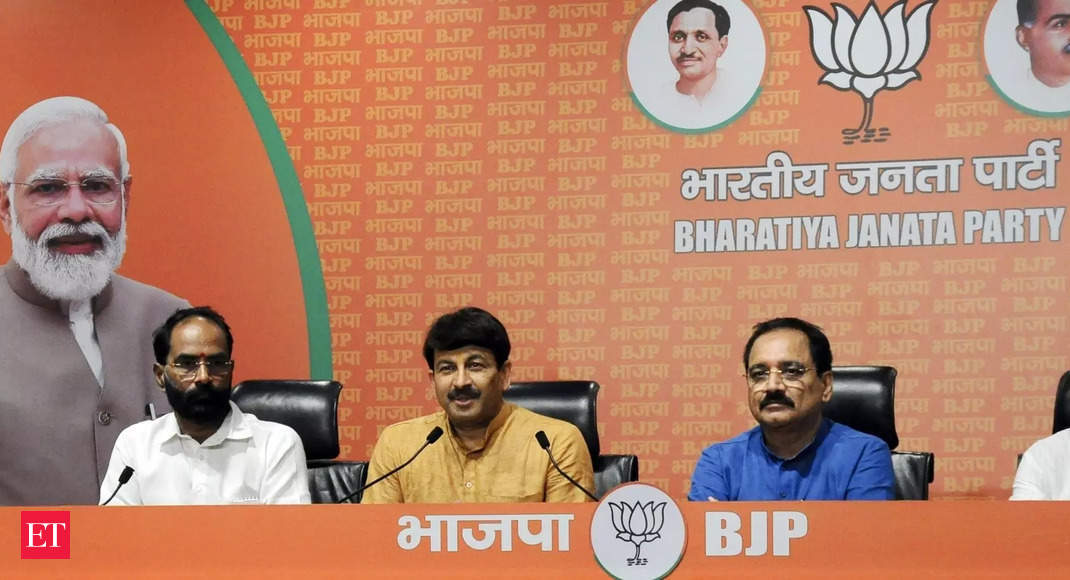Delhi’s consumers are facing the brunt of the central government’s coal crisis as they see a hike in the power purchasing adjustment charge (PPAC). Delhi Power Minister Atishi blamed the Centre’s mismanagement for the increase, stating that an ‘artificial shortage’ is driving up coal prices. The Centre is reportedly forcing power generation companies to purchase at least 10% of imported coal, which is 10 times costlier than domestic coal. This has led to NTPC, the power generation company in Delhi, selling electricity at a 25-50% hike compared to the rates set by the Delhi Electricity Regulatory Commission (DERC). Atishi questioned the motive behind the BJP-led central government’s decision to force the purchase of costly imported coal. She also highlighted the significant difference in cost between domestic and imported coal, with domestic coal priced at Rs 2,000 per tonne and imported coal priced at Rs 25,000 per tonne. As a result, Delhi’s electricity bills will see a small increase from July due to the Centre’s inability to control coal and natural gas prices. However, this increase will not affect consumers who receive zero bills as the burden will be borne by the Delhi government. Delhi BJP president Virendra Sachdeva alleged that the PPAC hike was a result of collusion between the Delhi government and power discoms. He claimed that when the DERC chairman was appointed, a member gave the go-ahead for the hike at the demand of private companies. The BJP plans to meet with the newly appointed DERC chairman to request the withdrawal of the hike and is prepared to approach the court if needed. BJP MPs Manoj Tiwari and Ramesh Bidhuri criticized the AAP government over the PPAC hike and threatened protests if it is not rolled back. In response, Delhi BJP MLAs, led by Leader of Opposition Ramvir Singh Bidhuri, will stage a demonstration outside Chief Minister Arvind Kejriwal’s residence. As the blame game continues between the AAP and BJP, Delhi’s consumers are left to bear the consequences of the coal crisis in the form of higher electricity bills.











